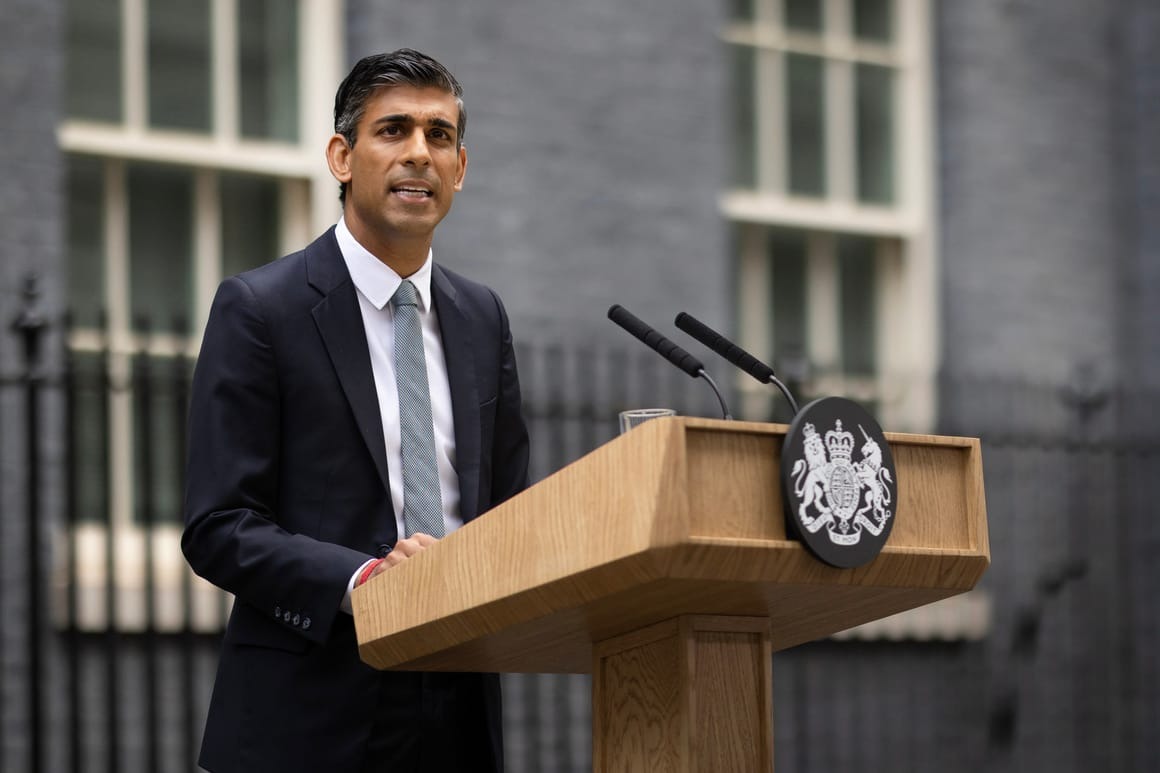During the ongoing conflict, British Prime Minister Rishi Sunak recently pleaded for a humanitarian cease-fire in Gaza. This comes alongside Foreign Minister David Cameron’s assertion in The Sunday Times of London that, although British support for Israel remains, it is not without conditions.
Cameron’s critique primarily targets Hamas but underscores Israel’s responsibility towards Gaza’s populace, highlighting the need for accountability following the death of three British aid workers in an Israeli strike.
Cameron and Sunak’s remarks come against a backdrop of a longstanding and complex conflict, initiated most recently by Hamas’ attacks on October 7. However, Palestinians point to a more profound history of violence predating this event.

The data from the United Nations Office for the Coordination of Humanitarian Affairs reveals a disparity in casualties between Palestinians and Israelis over the years, further complicating the narrative.
Sunak, affirming Israel’s right to defend against Hamas, also called for an immediate end to hostilities, especially following the strike on World Central Kitchen workers. The Prime Minister’s statement did not elaborate on the Palestinians’ right to self-defense, an omission that reflects the diplomatic tightrope the UK is walking.

As Sunak demands the release of hostages and calls for increased aid to Gaza, the UK’s stance illustrates the international community’s struggle to navigate the ethics of support besides a conflict with deep historical roots and profound humanitarian consequences.
The evolving situation in Gaza remains a poignant reminder of the urgent need for a resolution that addresses both immediate humanitarian concerns and the longer-term quest for peace.


